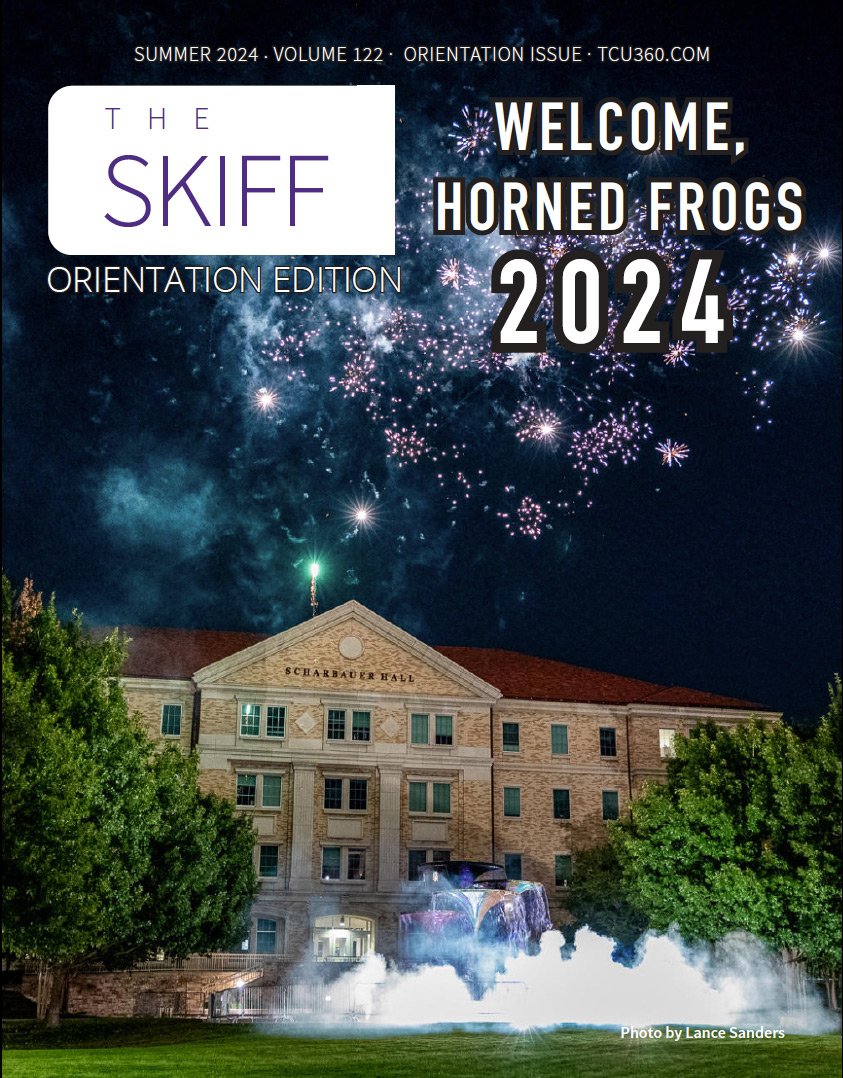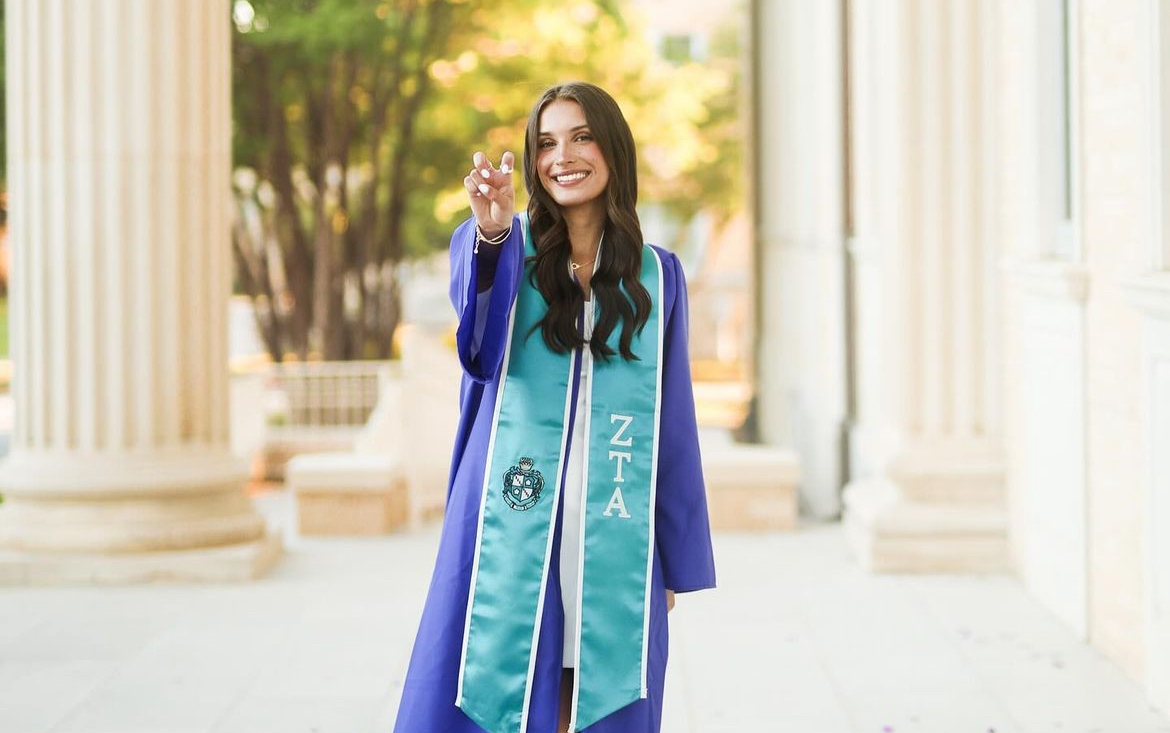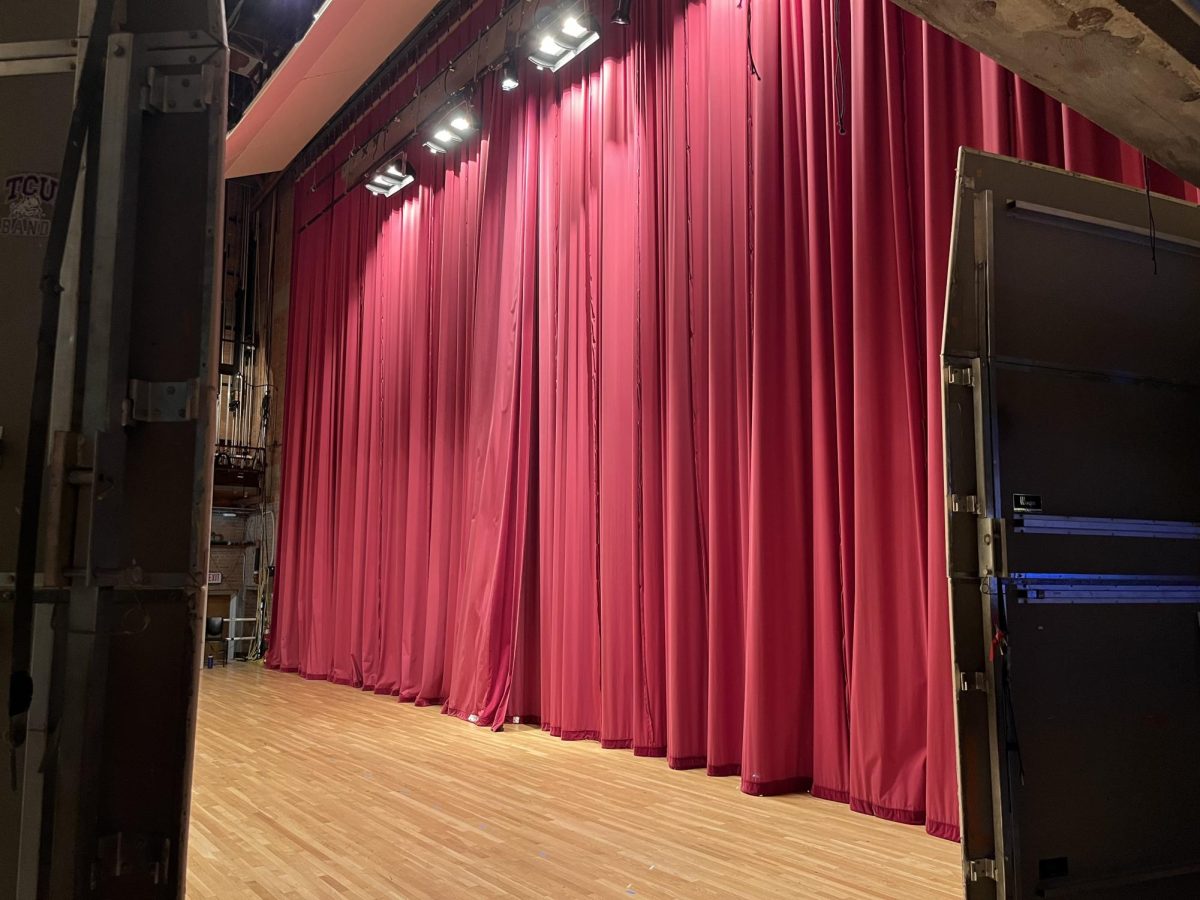While it may seem daunting as a pre-health student to give aid in Liberia, Dr. David Knight discussed the vast opportunities to make an international difference in the healthcare field.
“Dream big. If your dreams aren’t scaring you, then you are not dreaming big enough,” Knight said when he discussed his personal experiences in Liberia to students and faculty on Thursday morning.
Clark Jones, instructor in biology, said he did not want Knight to lecture his experiences; rather, he wanted Knight to have a discussion with the 50 students that filled the lecture hall in Sid W. Richardson Building.
Students asked Knight a variety of questions pertaining to his job as a general surgeon and his work in Liberia.
Knight has been traveling to Liberia since 2009 when a doctor, who works at the same hospital as Knight, asked him to go provide medical care in Liberia.
Knight said he thought the 2009 trip would be his only trip to Liberia, but he was wrong. Since 2009, Knight has traveled back to Liberia every year for two weeks in March and September. In that time, he has expanded his team of medical professionals to meet the needs in Liberia.
In 12 days, the group does roughly 50 surgeries on various types of patients.
“My favorite type of surgery is pediatric surgery,” Knight said.
Knight said he and his team are very careful when providing aid in Liberia.
“We do not go over to Liberia and tell the medical staff at John F. Kennedy hospital in Monrovia what they are doing is wrong and that the U.S. way is better,” Knight said. “We learn just as much as we teach and incorporate different ways of dealing with things we don’t usually encounter.”
Knight said his biggest obstacle in teaching in Liberia is that he can’t solve all of the problems. The biggest one, he said, is the lack of teachers for medical students.
However, Knight said he is an optimist and thinks we can fix the mortality rates in Liberia. There are good people there who want to provide good healthcare, said Knight.
“The greatest honor is going back and having people coming up to me with great appreciation,” Knight said. “That is one thing that makes a big difference.”
Knight has another trip planned to Liberia in May and will continue to go back for the foreseeable future.





